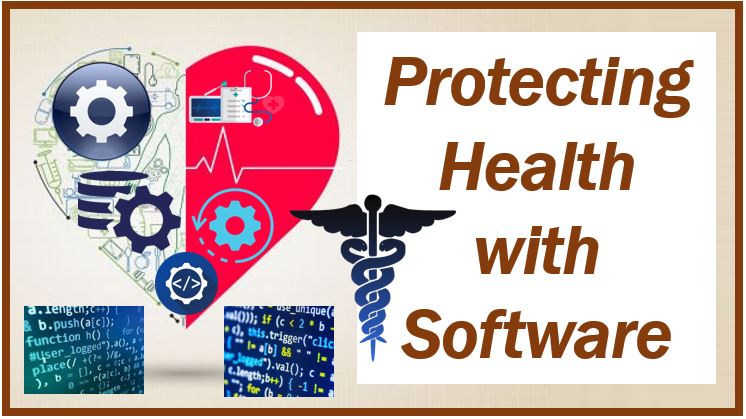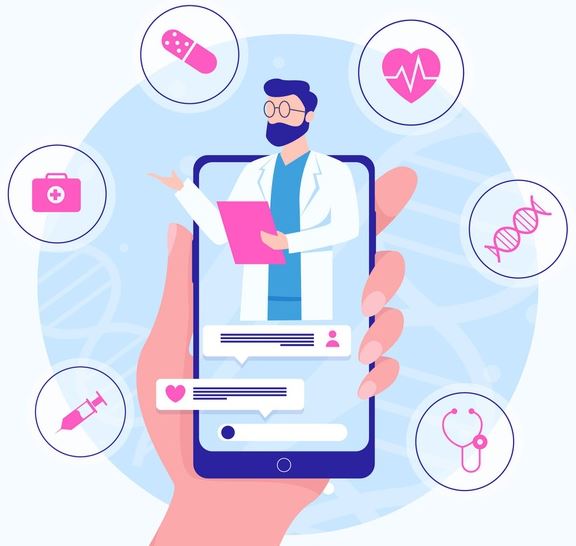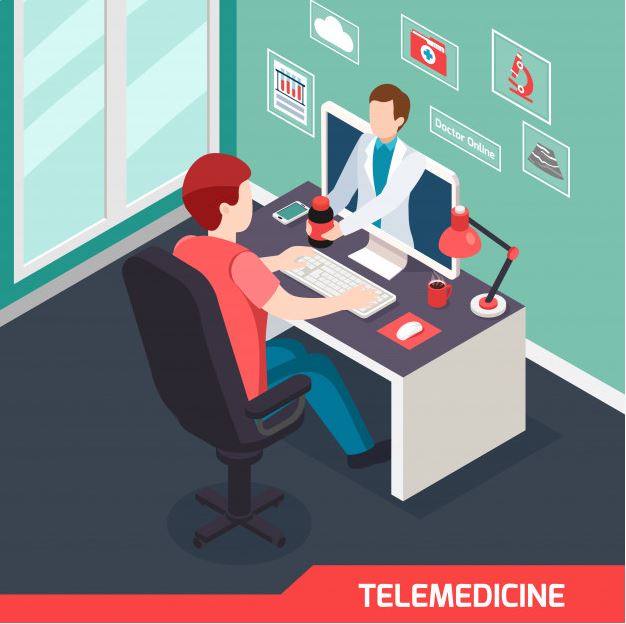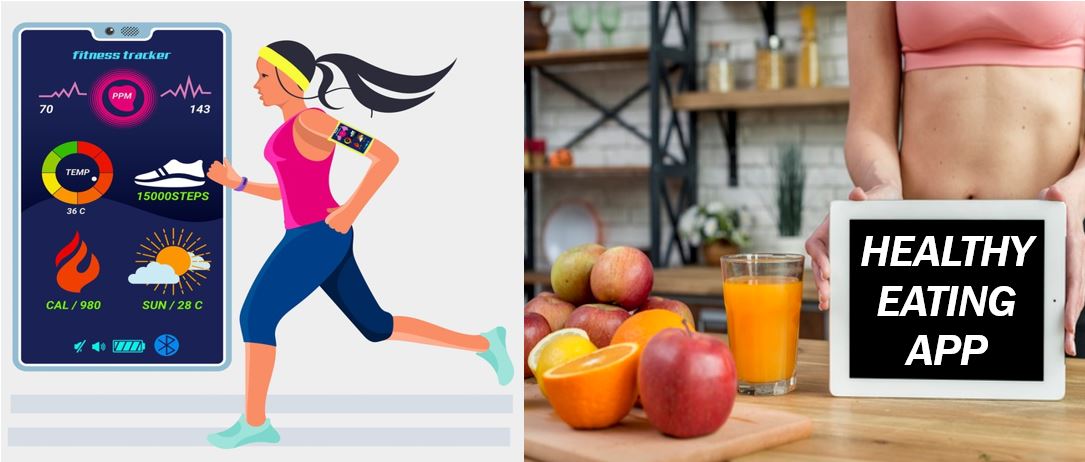As a pandemic sweeps the globe forcing people around the world to stay inside, many individuals both in and outside the health community are looking for ways to protect themselves, their loved ones, and others. Already, an AI-powered smartphone app that can assess people with the highest risk of catching COVID-19 at home and direct them to local testing facilities is in the works.

Right now, coronavirus is on everyone’s mind. But the fact remains that we need to be cognizant of our health and take measures to protect ourselves all the time, not just during this particularly dangerous period. That’s why software testing and development companies have teamed up with health- and medical-related services to build solutions for monitoring, tracking, and improving your health.
Healthcare Provider-Patient Engagement
Mobile Patient Portals
Many healthcare providers are now using portals, accessible via an app or web browser, to view reports and test results, read important communications from their medical practitioners, request prescription refills, schedule appointments, and more.

In fact, many providers are using tools like MyChart as their primary means of communicating with patients. This saves time for both parties since it eliminates the need for phone calls.
Electronic health records (EHR)
An EHR is a digital patient chart. It streamlines the process of delivering care for practitioners by updating information in real-time. Authorized personnel can view and manage EHRs to see medical histories, medications and treatments, allergies, diagnoses, and more. This makes it easier to share information with other members of the patient’s care management team and review all pertinent facts in one place.
Telemedicine
Telemedicine software enables providers and patients to connect remotely. This is especially helpful now when many practitioners must deliver their services virtually. It’s also useful for people living in remote areas or those who can’t leave their homes due to health conditions. Through these video platforms, providers can diagnose diseases and conditions and perform consultations, along with other types of care.

Many of these platforms, like Doxy Me, integrate with EHR and best practice management (BPM) software. Important: Before using any telemedicine platform, make sure it’s HIPAA-compliant. This rule is in place to protect patient privacy.
Mental Health
Therapy
Did you know that you don’t even need to leave your house to access therapy? Through platforms like Talkspace, you can connect with qualified, licensed therapists remotely. You’ll be able to chat with your therapist via video, phone, or even text at your convenience. Many health plans and employers approve these platforms, so therapy won’t even break the bank.
Mental Health Tracking
Your mental health is just as important as your physical health. That’s why it’s important to get help when something’s out of whack. But how can you tell if it’s a real problem or you’re just in a mood? With mental health-tracking tools, you’ll be able to assess your overall patterns. For example, with Anxiety Reliever, you can keep track of anxiety symptoms, as well as find useful exercises and tips for helping you stay calm.
Meditation and Mindfulness
While not a replacement for therapy for people with serious conditions and illnesses like depression, developing a meditation and mindfulness practice can help you combat daily stress and anxiety. It can also be used in conjunction with therapy and/or medication. There are plenty of apps that help you meditate, such as Headspace, which offers a wide variety of guided meditations geared toward different topics like improving sleep.
Physical Health and Wellness
Illness and Medical Condition Detection and Management
There’s even software that allows you to detect conditions and illnesses and manage your treatment. For example, WellDoc’s AI-powered BlueStar offers real-time guidance and assessments for people with type 1 or type 2 diabetes and provides a personalized virtual “coach” to assist patients with medication and treatment management.
Fitness and Nutrition

Exercise and your diet play an enormous role in your overall health and well-being. Now, there are plenty of apps to help you monitor these crucial aspects of your life. For instance, MyFitnessPal calculates your daily calorie intake and measures it against your weight goal, while MapMyFitness allows you to track your workouts.
Sleep
Your sleep impacts both your physical and mental health. Not sure if you’re getting enough zzz? Apps like Sleep++ and Sleep Cycle analyze your sleep from the night before and offer insights on areas like when and how frequently you stirred and your heart rate. You’ll also learn about factors that contribute to poor sleep and what you can do to improve it. Sleep Cycle even includes an alarm clock that wakes you up during light sleep so you feel well-rested.
For the most part, except in cases like telemedicine solutions, these platforms should not be used as a replacement for but rather in conjunction with traditional medical care. However, during times when it’s increasingly difficult to access in-person health support, you can count on these tools to help you protect your well-being. Remember: you’re responsible for your health and safety, so be proactive and use the many tools you have at your disposal.
Interesting related article: “What is Healthcare?“

